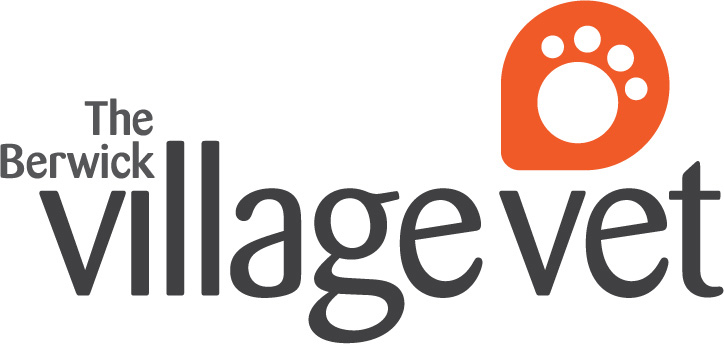Why desexing is important

Some owners consider desexing an unnecessary and costly fee, in addition to all of the other vet bills and expenses when you first get your new little puppy or kitten – however in reality this is a much more affordable option than supplying for any new little puppies or kittens when they come along and it’s time to visit the vet, eat and be looked after (x6!!).
QUICK FACTS
-Both male and female animals can be desexed
-Desexing can be booked in from 2-3 months of age
-Recovery is only a couple of days after the operation
-Desexing reduces the risk of some cancers, prostate problems and uterine infections
-Desexed dogs and cats generally live a longer, healthier life
-Reduced risk of losing your pet while he/she goes in search of a mate or keeps others away if they come searching!
-Behavioural changes such as a calmer, more affectionate, less aggressive pet may result
-Makes pets less likely to mark their territory as frequently
-Some councils require dogs and cats to be desexed to comply with local laws and regulations
Overall the benefits of desexing your pet certainly outweigh those of not, especially if you do not intend on seriously breeding your animal. If you are interested in breeding your pet, please chat to a vet first who can assist you advice regarding the mating ritual, provide tips and hints and health advice for your pet.
If you want to know more about desexing, please give any of our friendly Vetinary staff a call on 9707 3855 or pop in to chat to the team. We will be happy to help with any questions, enquiries or worries that you have.
For more information see: https://www.rspcansw.org.au/learn/owning-a-pet/desexing
